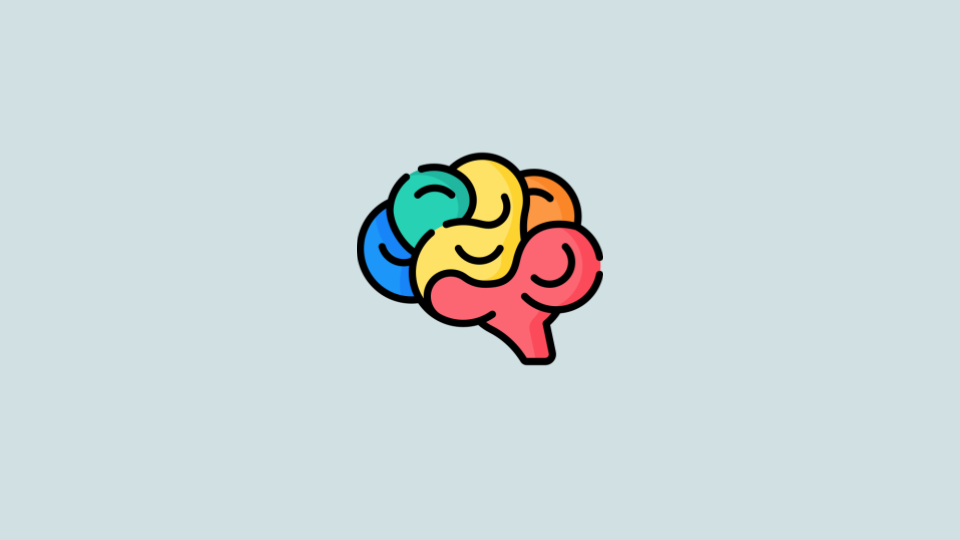Sublime
An inspiration engine for ideas

Neurodiversity
Marissa Garza • 2 cards
neurodivergence
Keely Adler • 13 cards
Thoughts from the Psychotherapist
Talented individuals and startups have recognized the gaps in mental healthcare industry, but I worry that they’re trying to solve this disjointed industry with more disjointed offerings. There are over 170 mindfulness and meditation apps out there, 140+ tele-therapy platforms (Talkspace, BetterHelp), digital cognitive behavioural therapy apps... See more
Laura Yang • Mental health—5 essential learnings in my first 6 months of tackling this space

⚠️Narcissistic personality
⚠️Borderline personality
⚠️Antisocial personality
Want to know what they’re really about?
Here’s my chapter, “The Personality Syndromes”
(Oxford University Press, 2022)
It’s written for... See more
making, impulse control, and emotional processing.
Devon Price • Unmasking Autism: Discovering the New Faces of Neurodiversity
- both traditions base their theory and practice on the premise that every mental activity is causally effective, and has determinate consequences that shape ongoing development; 2) they both view the mind as embedded in an evolutionary continuity of ever-adapting forms of life, conceiving development as an interactive, intergenerational process
Emily J. Wolf • Advances in Contemplative Psychotherapy: Accelerating Healing and Transformation
NEURODIVERGENT HEALING HACKS:
1. Skip talking on a couch and go straight to the subconscious. ND traumas and triggers often cause a disconnect between our head and our heart (due to outsourcing our intuition at an early age based on the false belief that our intuition is broken). Talking/thinking about your struggles is something you... See more
cindyrobinsonllcinstagram.com